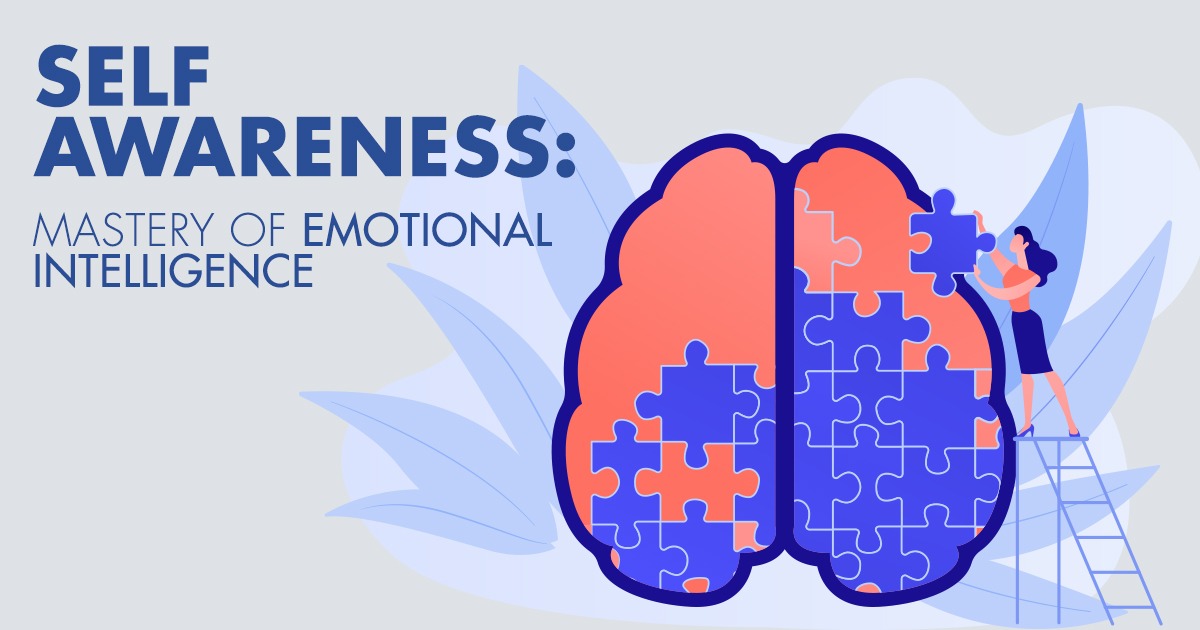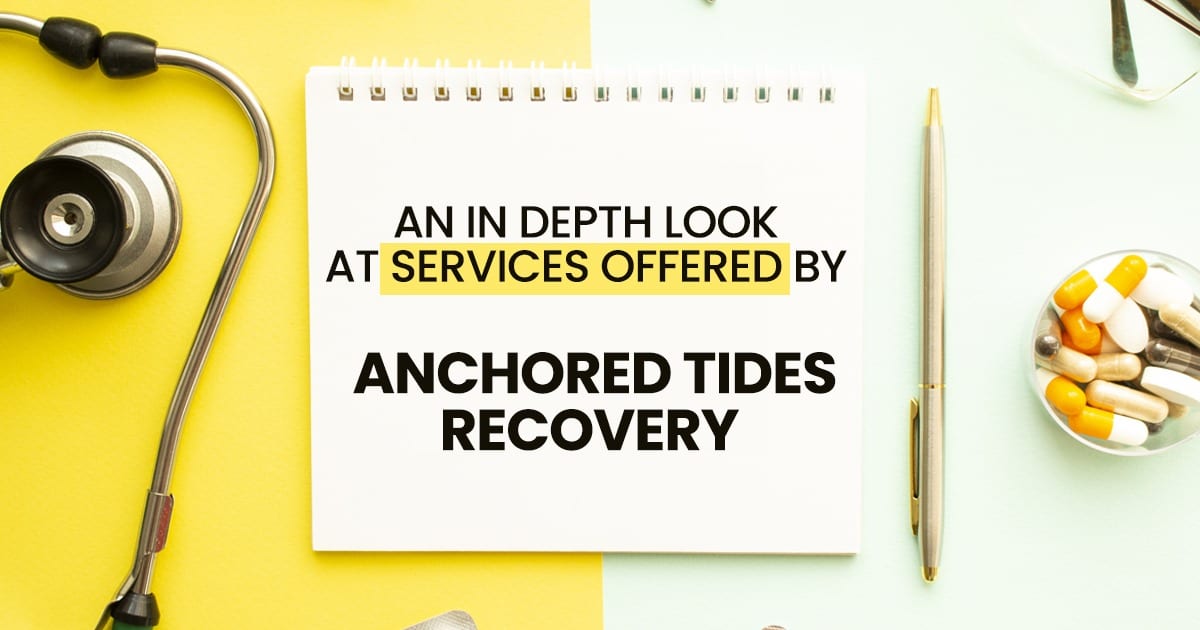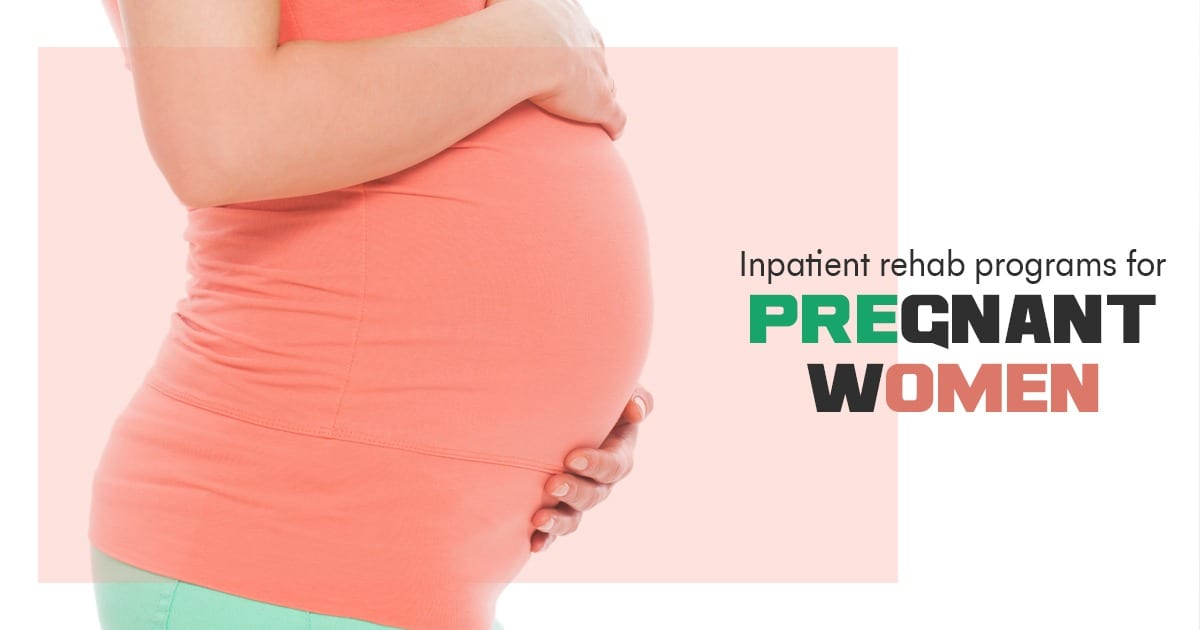
The buzzword “emotional intelligence” was created by Yale researchers Salavoy and Mayer, who first published their theory in 1990. Their research was prompted by studies that demonstrated that people with average IQ’s outperformed their higher IQ counterparts in life success terms over 70% of the time. They theorized the missing link to overall lifetime success as emotional intelligence or EQ.
When you struggle with an addiction you, and the people who are close to you, will be on an emotional rollercoaster as you find your way to recovery. Even after you’ve stopped doing drugs, there is a wide array of emotions you will face that could potentially end in relapse. We all have strengths and weaknesses, but your level of self-awareness and how you react to your emotions directly relates to good mental health and the potential for long-term sobriety.
This article will explore the idea of Emotional Intelligence and give you a better idea of how to gain mastery over self-awareness.
What is Emotional Intelligence?
Emotion means energy in motion. Emotional intelligence is the ability to demonstrate self-awareness on an emotional level and manage those emotions effectively. Everyone has emotions and that is normal. No internal feeling is considered unacceptable. However, there are inappropriate ways of expressing and managing those emotions.
Emotions tell you something about how you perceive the world, so listen to them and learn from them. When you deny yourself the opportunity to feel them, you also deny yourself the opportunity to learn something about yourself, the accuracy of your perceptions, and the chance to improve self-awareness.
27 Different Kinds of Emotions
The psychology community once assumed that most human emotions fell into the universal umbrella categories of happy, sad, angry, surprise, fear, and disgust. Current studies by the Greater Good Science Center report at least twenty-seven distinct emotions all intertwined and connected.
People feel frustration, disappointment, rage, embarrassment, guilt as much as they do joy, happiness, delight, expectation, and enthusiasm. They are all OK to feel; it’s how you manage and express them that counts.
“Managing your thoughts and feelings” does not mean suppressing them, or pretending you do not have them. It’s about becoming accepting and comfortable with the idea that you are experiencing an emotion and it means something to you. The theory is when you bury or stuff down the ability to avoid pain, you also bury or suppress the ability to fully experience joy. It’s about opening the door of possibility that you can fully feel an emotion and not decimate or destroy you or your relationships.
Effective management of emotions means developing the ability to fully feel the emotion that you are experiencing, effectively express what you are feeling, and work smoothly with others towards a common goal. It means feeling the feeling, understanding that it will pass, withstanding the impulse to bury it or move too quickly to react to it, and learning what it means to you and then doing something proactive about it.

Goleman identified five (5 primary) areas of emotional intelligence.
- Self-Awareness
- Managing Emotions
- Motivating Oneself
- Empathy
- Social Skills
How does Mastering Emotional Intelligence Help Me With Addiction?
Learning emotional intelligence is a critical tool in the toolbox of life skills necessary to negotiate life’s challenges. Addiction comes with a complex set of emotions that people may have a hard time empathizing with. How you handle these emotions while you’re active on the road to recovery will affect who’s in your life when the smoke clears and relates directly to how difficult of a time you will have managing your recovery.
The goal is to align your vision of your life values with your behaviors and act accordingly. Self-leadership and mastery start with identifying your core values and designing a life built on them. Mastering emotional intelligence has a ripple effect that benefits you and the people who surround you. It’s not easy, but it’s worth it. External self-awareness is the ability to weather the storm of life and negotiate rough waters without sinking your life’s ship; not avoiding rough waters, but sailing through them to sunnier and smoother shores.
It’s Not All About You
Disappointed? It’s ok! In some ways, life is a solo journey, but it’s a lot more pleasurable when you have the support and camaraderie of others along the way. Human interaction means bumping up against the rough edges of others sometimes, and emotional intelligence is one of the best GPS systems for a worthwhile trip through life.
Many people consider addiction to be a selfish disease because while you’re active in addiction nobody will ever come before your drug use. A lot of lying and manipulation is involved to try to manage this lifestyle along with having relationships with people who care about you, but this causes many relationships to go up in flames. Human beings are social beings, and we benefit and thrive best when we exist cooperatively and meaningfully within our chosen social circles. Becoming emotionally intelligent and self-mastered requires mastery of two kinds.
There are two components to emotional intelligence. The first is developing mastery of intrapersonal or personal competence, which is clear and aligned with the emotional self. The second component is developing mastery of interpersonal or social competence, and that is how you interact with the world. When you authentically align your emotions with how you interact with the world, your world changes accordingly.
Empathetic Leadership
Empathetic Leadership is recognizing what you are feeling when you are feeling it, deciding what to do about it and when, and forging the best course that serves both you and others. It’s about stopping to feel the twinge of emotion and exploring it a bit before it becomes a snowball of momentum that damages many things in its path. Buried emotions don’t stay buried. The emotions surface in other ways and are constantly seeking escape routes, whether it’s an untimely hissy fit or chronic low back pain. Buried and unprocessed emotions are not benign.
It sounds effortless, but it takes dedication and practice and a bit of a thick skin to start. It’s never too late.
Seeking Treatment
Anyone can learn emotional intelligence through dedication to practice to improving communication between your emotional and rational parts of the brain; it’s like a muscle, the more you use it, the stronger it becomes. However, emotional mastery doesn’t come naturally, and while you’re in recovery there are many difficult and complex emotions to juggle and react to.
Anchored Tides Recovery will provide you with a support system that will help you keep your emotions and addictions in check while you focus on your life and relationships. Call us today to talk to a coordinator and get on your path to emotional mastery.































